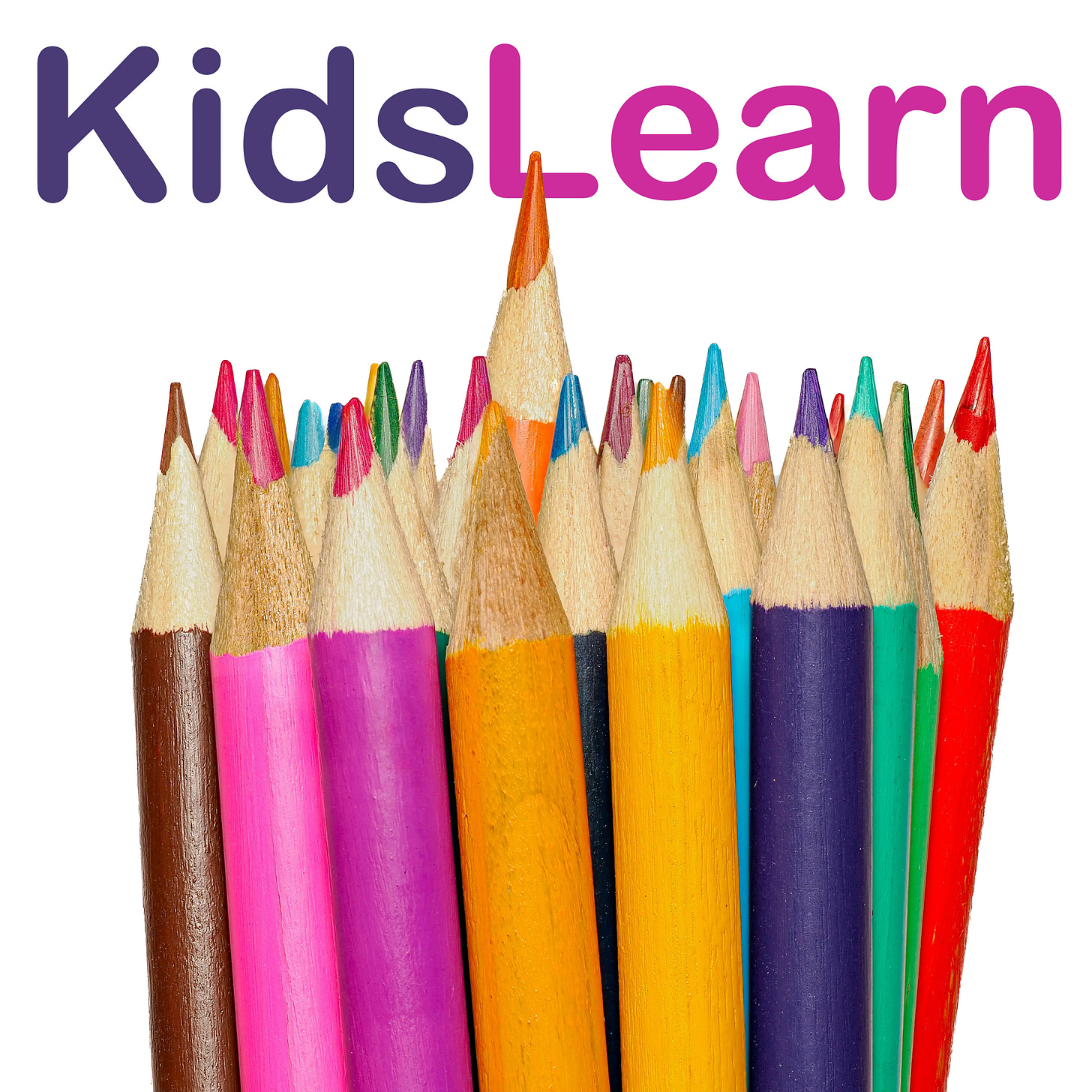The KidsLearn Substack is written by Suki Wessling, known as “Prof.” Suki to her students. Scroll to the bottom for links to Suki’s work and more information.
Words define us. The fact that we have words and that we can use them to talk about words defines humanity. Our mother tongue shapes how we see the world. And each and every one of us has our own idiosyncratic way of using words.
Words don’t just come from our souls; in a way, they are our souls. The sum of words that we have heard, spoken, and thought defines that part of us that is separate from the container we’re born in.
Teaching writing
If words come from our souls then teaching writing is a delicate balancing act. A young writer hears criticism of their writing as criticism of their ideas, their thoughts, or their beliefs.
When I first started teaching writing to college students, I didn’t understand this. I had been taught by having my writing “criticized,” and I didn’t know any other way to do it. I was told I was a good teacher, but at the same time, I felt like there were aspects of writing that many of my students just didn’t get. As a naturally avid writer, I hadn’t needed any support. I didn’t realize how unusual I was.
Athena's Fall Semester Open for Enrollment
Click to read about the courses I'm offering for fall semester!
From college to homeschool
On my now-defunct Avant Parenting blog, I wrote extensively about my experiences raising a child with undiagnosed developmental issues. I plan to touch on some of those topics on KidsLearn in the months to come. The experience of having to make up education from the ground up led me to question all aspects of how I had been taught and the teacher I had been. I worked with my own children very differently than I had worked with my adult students. I watched them and their homeschool peers that I worked with blossom in this new (to me) approach.1
Flipping Bloom on his pointy little head
As I wrote in Why Creative Writing?, my parenting, homeschooling, and teaching experiences taught me that the idea that kids need to learn rules first is completely misguided. Let’s break down my reasoning:
Assume that writing comes from our souls and defines who we are
We’re a seven-year-old who loves dinosaurs
But before we’re allowed to write an essay about our passion, we need to learn the rules
The rules are very far from our souls and very far from our passions
What lesson do we learn?
I think the lesson is obvious:
There’s something wrong with me.
That’s what kids learn when they learn rules first. Because the rules don’t align with the knowledge and ideas they are trying to express. Rules get in the way of finding their inner language and learning how to translate it to written language that transmits their knowledge and ideas.
Learning through enjoyment
When my son was six, he wanted desperately to play soccer. On a team. Without Mom hanging over him. So I looked at our local soccer league and found that their motto was “learning through enjoyment.” I was intrigued. I called up the director and asked whether they’d be able to integrate my unusual kid.
“Does he have a tendency to run away?” the director asked.
After I confusedly said no, he explained that a deep creek bed ran through the park and that the only challenging type of kid they couldn’t handle was one who had a tendency to run away. The only challenge they couldn’t handle.
They could handle my kid because their motto was also their approach. And it’s my approach in teaching writing. For example, I have never taught a kid with true writer’s block:
I have taught kids who are dysgraphic or dyslexic and need to dictate.
I have taught kids who have been told that their passions are trivial and not worth writing about.
I have taught kids whose inner editor got fed poison by some well-meaning teacher who wanted their students to know the “rules” before they made any “mistakes.”
None of them had a “block” that we couldn’t get past with a learning-through-enjoyment approach.
The importance of summer writing time
Let's set a goal and achieve it in this week-long writing intensive!
Writing comes from the soul
Let’s face it: none of us does well when our soul is in distress. Every day some kid out there is being taught that their soul is “wrong.” It’s wrong of them to want to write about muscle cars. It’s wrong of them to be more comfortable writing a fictional story than writing about their feelings. It’s wrong of them to find writing book reports boring. It’s wrong of them to question why their essay needs to have exactly five paragraphs.
I urge you, whether you’re a parent of one or a teacher of many, to remember that most great writers weren’t created at school; they became great writers in spite of what they were taught about writing at school. And even more important, since most of us will never be “great” writers, understand this:
Proficient writers don’t attain proficiency by being told that what they’re doing is wrong. They attain proficiency by seeing when they are successful.
Teach through enjoyment. Draw on passion and creativity first. Build skills through delving into who kids are. Once they have learned to write through enjoyment, then you can start working on the rules.


I was very inspired by reading about the work of homeschool educator Patricia Zaballos, who is now here on Substack.










